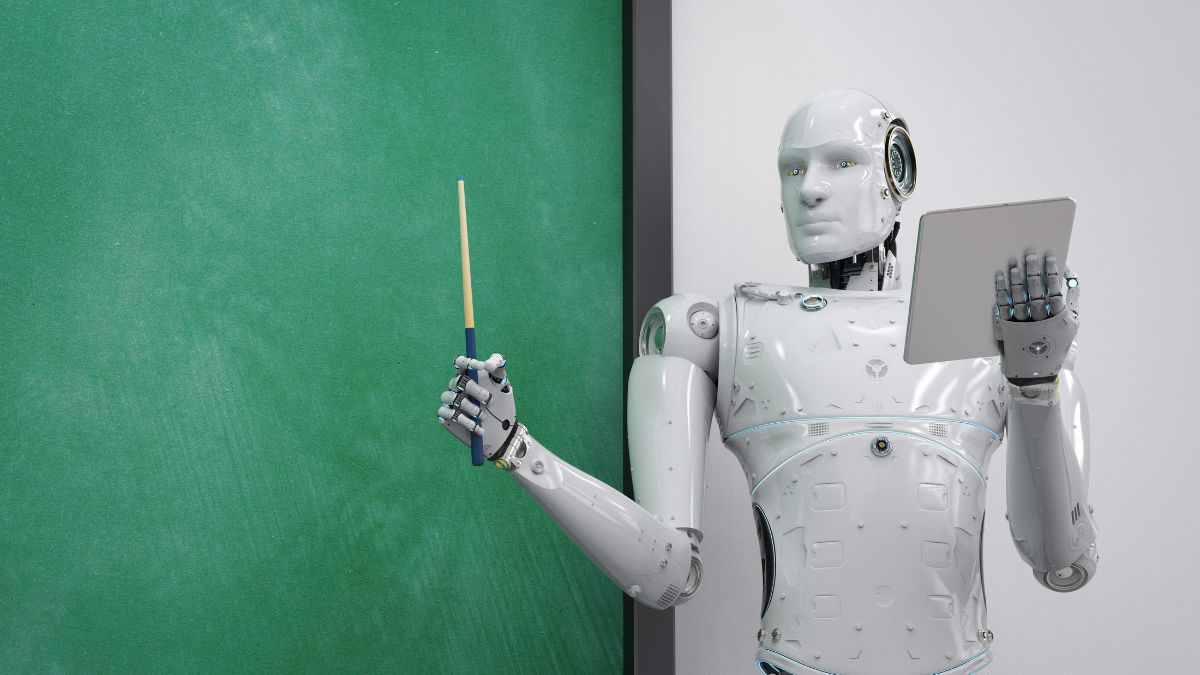Artificial Intelligence (AI) is rapidly changing the job market and transforming the future of work. As AI becomes more prevalent, workers need to adapt and stay competitive by developing skills in this emerging field. This article will explore the impact of AI on the job market, the rise of AI, the need for AI education, AI education programs, preparing for an AI career, the future of AI education, overcoming challenges in AI education, and the ethics and responsibility in AI.
The Rise of AI
AI has a rich history that dates back to the 1950s. The development of AI has accelerated in recent years, and it is now being used in various industries, such as healthcare, finance, and education. AI has the potential to transform our lives by automating tasks, creating new products and services, and improving decision-making processes. The future potential of AI is exciting, as it can create new jobs, boost productivity, and solve complex problems.
How AI is Changing the Job Market
AI is impacting different jobs and industries in various ways. Some jobs are at risk of automation, while new job opportunities are emerging in AI-related fields. Jobs that require repetitive tasks, such as data entry or manufacturing, are more likely to be automated. However, AI can create new jobs in areas such as data analysis, machine learning, and software development.
The Need for AI Education
The current job market requires workers to have AI skills to stay competitive. AI education can help individuals gain a better understanding of AI and its applications. Learning AI can improve one’s career prospects by opening up new job opportunities, increasing earning potential, and promoting career growth. AI education requires a combination of technical and soft skills, such as critical thinking, problem-solving, and communication.
AI Education Programs
There are different types of AI education programs available, ranging from online courses to in-person boot camps. Online courses are flexible and accessible, while in-person programs provide more hands-on experience. The advantages and disadvantages of each type of program depend on an individual’s learning style, availability, and budget. Some top AI education programs to consider include Coursera, edX, and Udacity.
Preparing for an AI Career
To prepare for a career in AI, individuals should start by gaining foundational knowledge in mathematics, statistics, and computer science. They can then pursue more advanced courses in machine learning, data analysis, and natural language processing. Building a strong portfolio by participating in AI-related projects or internships can also help individuals gain practical experience and stand out in the job market. Tailoring one’s resume and cover letter to highlight AI skills and accomplishments is also crucial.
The Future of AI Education
AI education is continually evolving as new technologies emerge and the job market changes. The future of AI education will likely involve more personalized and interactive learning experiences that cater to individual needs and goals. Opportunities for lifelong learning in AI will become more prevalent as individuals need to stay up-to-date with new developments and advancements.
Overcoming Challenges in AI Education
Common challenges in AI education include the complexity of the subject matter, lack of hands-on experience, and the pace of technological advancements. To overcome these challenges, individuals can break down complex concepts into smaller parts, seek out practical experience through projects or internships, and stay informed of new developments through online communities or professional networks.
Ethics and Responsibility in AI
As AI becomes more prevalent, it is essential to consider the ethical implications of its use. AI can perpetuate biases, perpetuate discrimination, and invade privacy if not designed and used responsibly. AI developers have a responsibility to ensure that their systems are designed and trained in an ethical and responsible manner. They must consider the potential impacts of their systems on society, and take steps to mitigate any negative effects. Users of AI systems also have a responsibility to use them in an ethical and responsible way, and to hold developers accountable for any negative impacts.
Conclusion
AI is poised to have a major impact on the future of work, and it is essential that individuals and organizations take steps to stay competitive in this rapidly evolving landscape. AI education is a critical part of this process, as it can provide individuals with the skills and knowledge they need to thrive in an AI-driven world.
By understanding the history and potential of AI, as well as the ways in which it is changing the job market, individuals can make informed decisions about their career paths and take steps to prepare for the future. AI education programs offer a range of options for learning, and can provide individuals with the skills they need to pursue careers in AI-related fields.
As the field of AI continues to evolve, it is important to remain aware of the ethical considerations and responsibilities associated with its use. By taking a proactive and responsible approach to AI education and development, we can ensure that AI systems are designed and used in a way that benefits individuals and society as a whole.
Getting started with AI education is easier than you might think. There are many resources available online, including free courses and tutorials, as well as more comprehensive programs that offer hands-on training and certification. By taking advantage of these resources and staying informed about the latest developments in AI, you can position yourself for success in the future of work.
